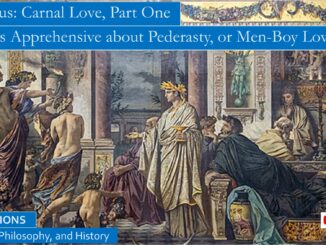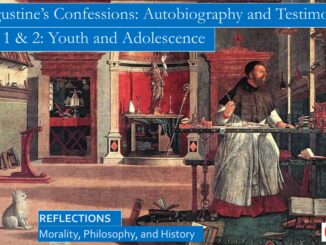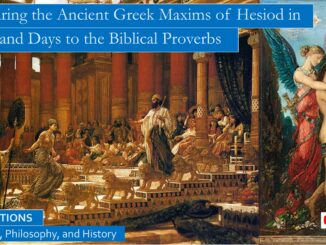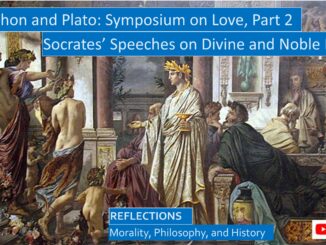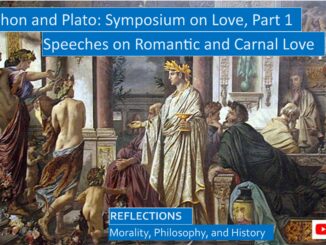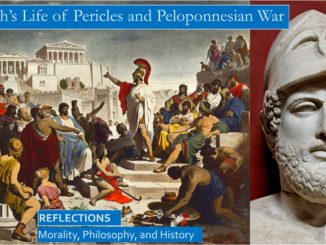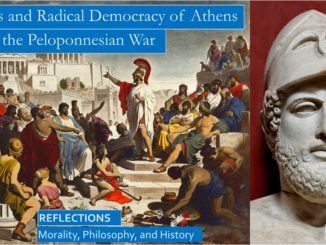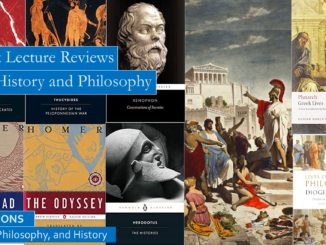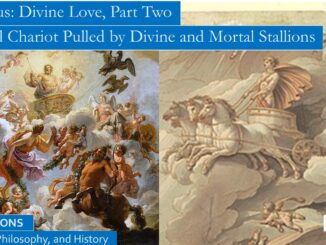
Plato’s Dialogue of Phaedrus on Divine Love and the Heavenly Chariot, Part 2
In his memorable metaphor for the nature of the soul, Socrates describes “a pair of winged horses and a charioteer. Now the winged horses and the charioteers of the gods are all of them noble and of noble descent, but those of other races are mixed; the human charioteer drives his in a pair; and one of them is noble and of noble breed, and the other is ignoble and of ignoble breed; and the driving of them of necessity gives a great deal of trouble to him.” […]

